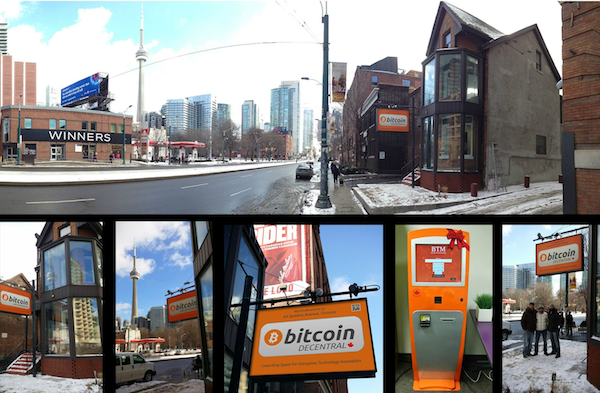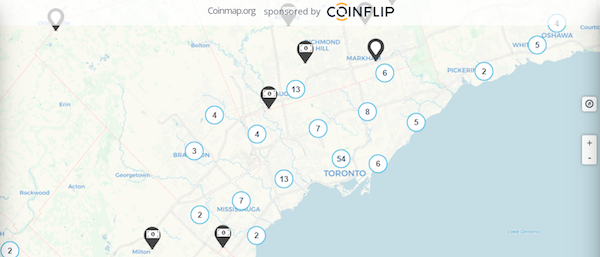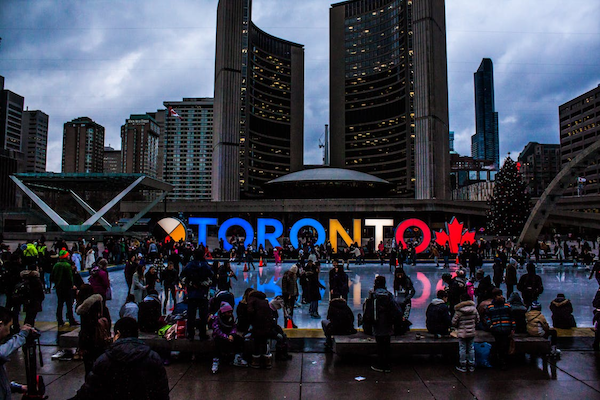
The capital city of the country of Georgia boasts a small but vibrant crypto community that aims to put the country on the map.
The city of Tbilisi in Georgia has lots of crypto startups and crypto ATMs, and its dotted with small-time exchanges that are essentially money changers with a Binance account. Visitors from nearby Russia often use crypto for payments here, as their bank cards dont work outside Russia due to sanctions. The ease of electronic payments in the city poses competition for crypto, as does the governments digital lari CBDC plan, but at least 200 businesses accept crypto at point of sale.
City: Tbilisi
Country: Georgia
Population: 1.2 million
Founded: 445
Most Common Languages: Georgian, English, Russian
Jump to: Crypto culture, Projects and Companies, Financial Infrastructure, Where Can I Spend Crypto
























































